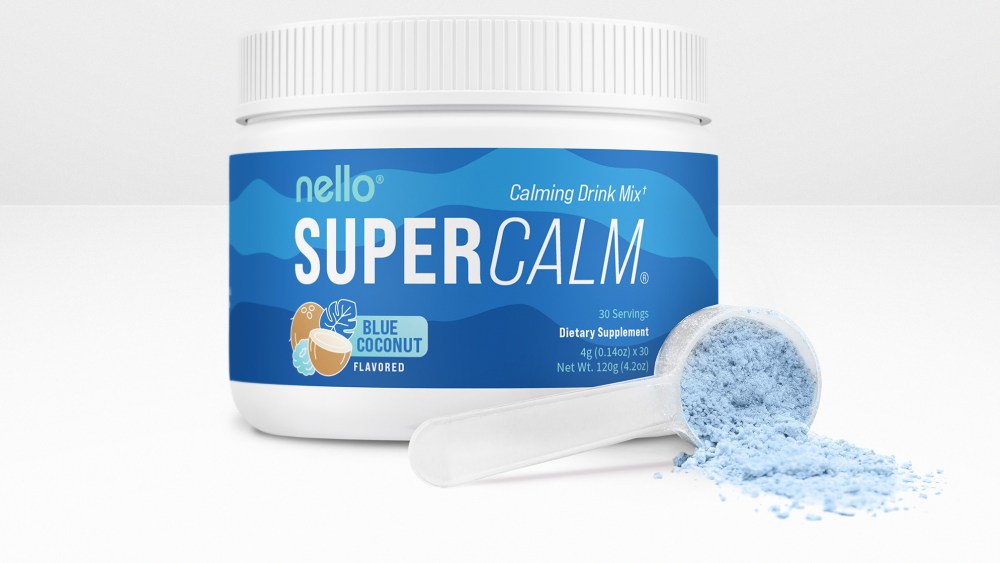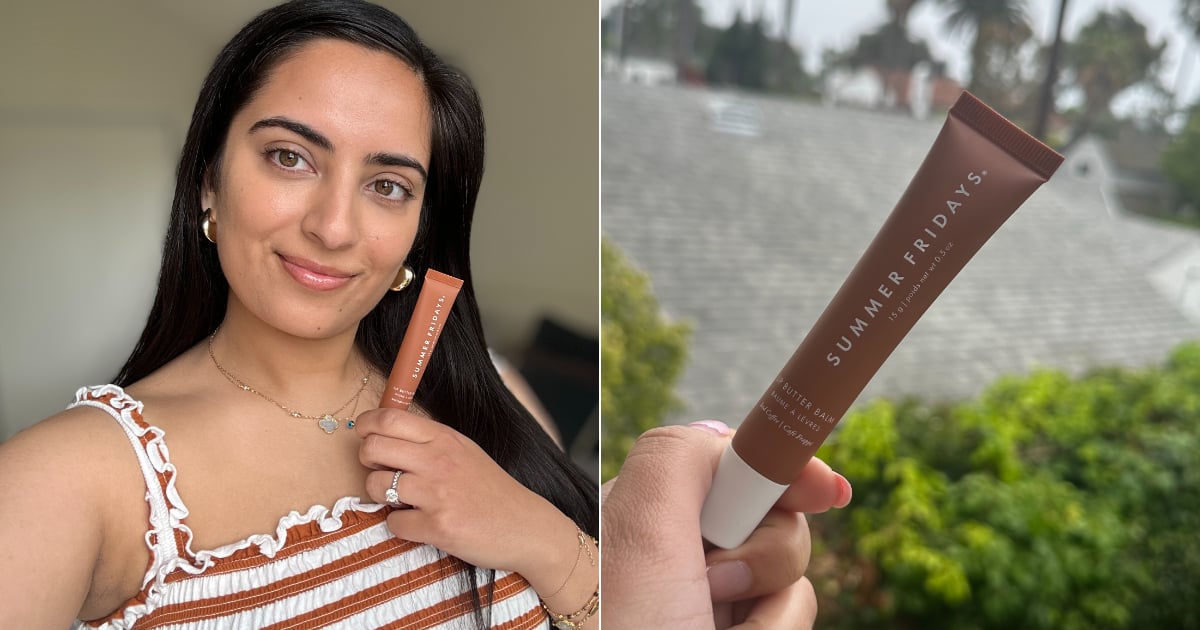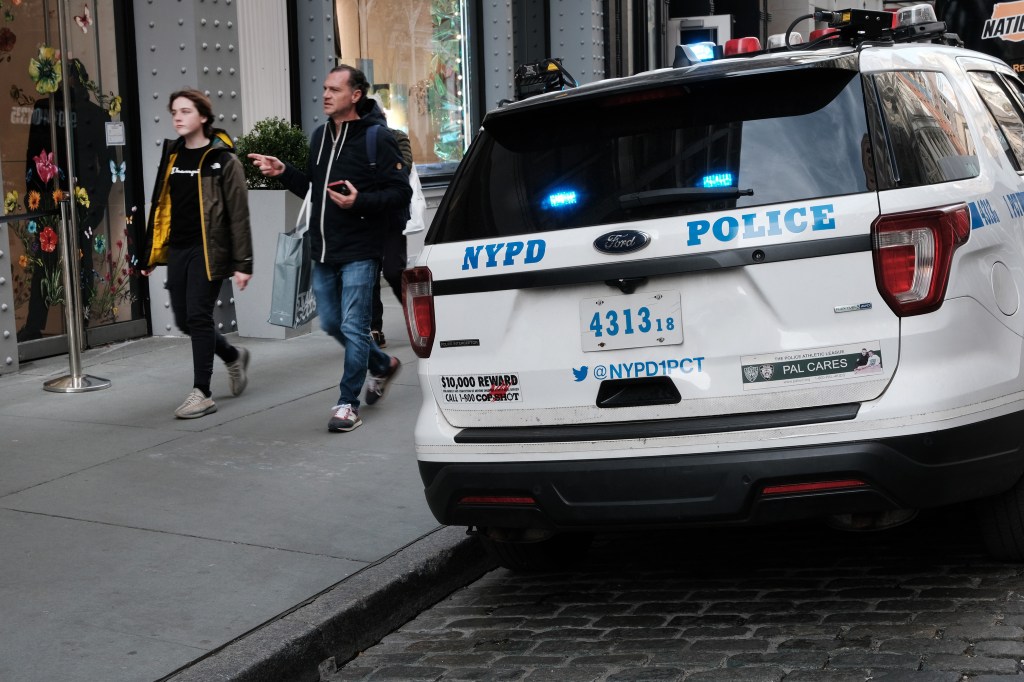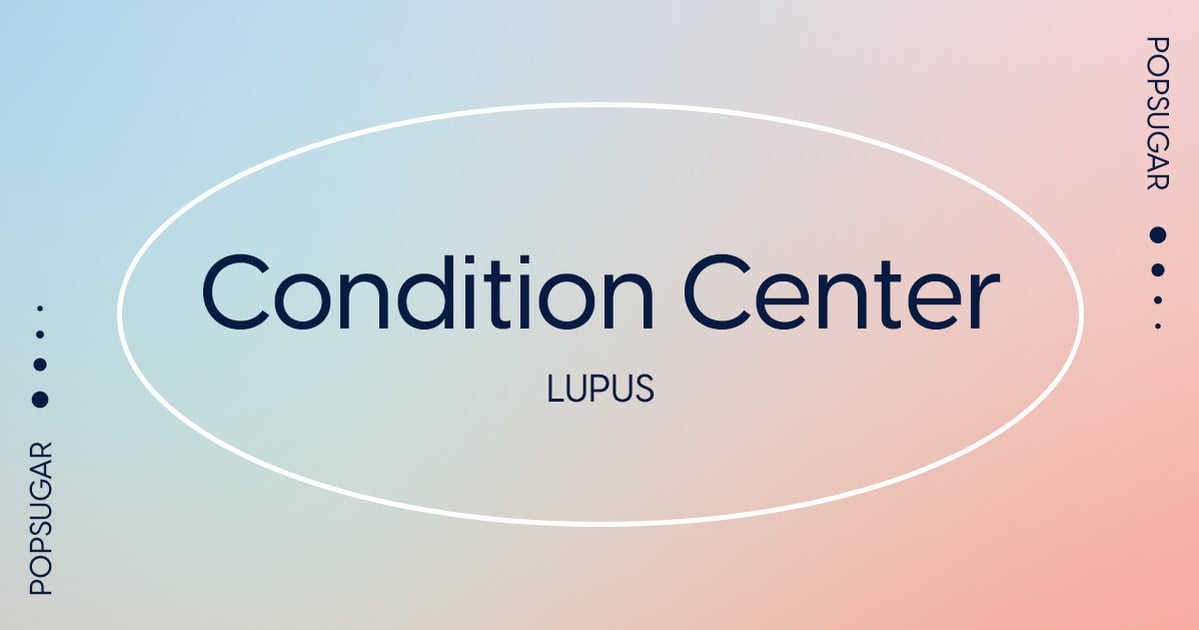
While a post-COVID-19 world promised less stress, it would seem the exact opposite is happening.
Across the wellness category, stress has been determined to be a top concern for most consumers. Brands are constantly trying to tap into this need, and it has subsequently led to viral trends around magnesium, the sleepy girl mocktail and now “cortisol face.” In addition, with the rise of wearables like Whoop and Oura tracking stress, people are more aware of their cortisol levels than ever before and are looking for solutions. Now creating content and product around cortisol, the stress hormone, seems to be the new way to go.
Related Articles
“There definitely is an emerging trend with cortisol and cortisol-focused supplements,” said Mark Lacy, an investment banking director at Raymond James who specializes in healthy living. “As mental health [and] macroeconomic uncertainty are more prevalent in today’s world, stress and mental health are at the forefront and thus things like ‘cortisol face’.”
According to the American Psychological Association, the majority of people who experience stress report other health issues, such as headaches, problems sleeping, depression and more. In addition McKinsey reports that younger generations like Gen Z experience higher levels of anxiety than those who are older.
Meanwhile, data from Spate shows that on TikTok, “Cortisol Mocktail” receives an average of 1.4 million weekly views, growing more than 20,000 percent year-over-year. In addition, top Google searches associated with cortisol are often paired with the term supplement, indicating consumer demand for a solution.
While stress has been a top concern that consumers have been seeking a solution for, cortisol has become the buzzword that brands and creators are tapping into. According to Lacy, many of the products on the market targeting cortisol include ingredients like ashwaghanda, L-theanine and magnesium. Several of these ingredients have previously been used in supplements that included the word stress in the title or in the packaging. But brands seem to now be moving away from that.
“Seeing the word stress stresses people out,” said Lacy, emphasizing it also leans into the trend of science-forward supplements. “If you use the word cortisol, one, it sounds more legit, and two, it doesn’t create anxiety.”
“Everyone has heard of cortisol, and what ends up working in the world of wellness is when you can hook onto something that people are familiar with because otherwise it is a lot of education,” said Allie Egan, founder of supplement company Veracity, which has a cortisol-centric supplement.
According to Egan, Veracity’s supplement Cortisol Calming, $60, is the brand’s second-most popular stock-keeping unit.
“It is a really big need, and makes sense given the way our society is set up, and then all these additional toxins that we’re putting in our body,” she said.
Nello is perhaps the most significant success story in reaching this high demand for stress-reducing products. The brand launched with a focus on TikTok Shop right as the trend on the social media platform started to pick up. According to the brand, it sold more than 1 million units of its bestselling Nello Supercalm, starting at $40, formulated with ashwagandha, magnesium and more, thanks in large part to TikTok. According to the team, the brand is often one of the top ones sold on TikTok Shop daily, as well.
The brand picked up some celebrity supporters along the way, including model Jasmine Tookes and TV personality Bethenny Frankel.
Other brands have popped up with similar concepts, such as Live Healthillie which has its Minerals & Chill, $45, to support adrenal health. Meanwhile, brands with stress or sleep supplements, like Ritual and Moon Juice, have taken to social media to tap into the cortisol buzz.
The social media trend around “cortisol face” has played a significant role in boosting these supplements, though doctors have slightly debunked this concept as extremely high cortisol that leads to extreme puffiness isn’t as common as creators claim.
New York-based primary care physician and longevity expert Dr. Amanda Khan previously told WWD: “There are a few diseases or syndromes where you can have high cortisol. The one that most people have heard of is Cushing’s [syndrome], when your body is inappropriately making cortisol… You’re retaining fluid, and you can also get puffy. You can also have fat deposits in places that we don’t typically expect.”
Lacy added: “It’s being oversimplified in today’s world where it’s high cortisol levels equals puffy face when in reality there’s a step being forgotten. High cortisol levels impact not eating healthy, not getting enough sleep, not exercising enough, which then, in turn, causes face puffiness. When you think about TikTok, you only have X amount of seconds to get a message across, so it does make sense that they’re oversimplifying.”
However, the trend doesn’t seem to be going anywhere, as creators are quick to tout the benefits of cortisol-reducing supplements — less inflammation, more sculpted jaw line, better sleep, healthier skin and, of course, less stress. While some social media content may be dramatizing the power of these cortisol supplements, they do provide some benefit in addressing the impact of stress, making them the latest to take hold in the wellness category and will likely continue to play into product development, names and social media content.



